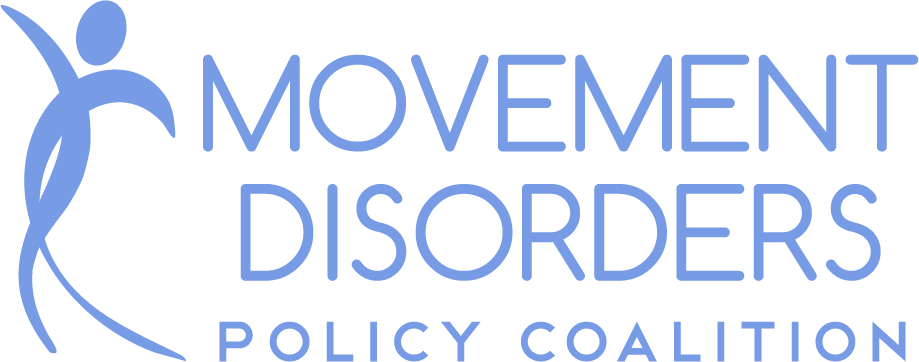from the Institute for Patient Access
Preparing dinner, taking out the trash, paying a bill or running an errand. For most people, none of these tasks would take more than a few minutes. But for someone with a movement disorder such as Parkinson’s disease or essential tremor, everyday activities can be taxing, even downright impossible. Consider Huntington’s disease. As the disease progresses, those affected become more reliant on caregivers for help with dressing, taking medicine and managing finances.
National Family Caregiver Month, celebrated in November, offers an ideal time to acknowledge caregivers’ efforts and to increase support for them.
And it’s not just people with movement disorders who depend upon the care and support of others. As a new study documents, the burden of living with migraine disease also extends to patients’ partners and children.
Jaime Sanders, who lives with migraine and blogs about her experience, validates this finding. In an interview on AfPA’s Patient Access Podcast, Sanders recounts how she relied on her husband to care for her and their small children during her severe migraine attacks. In Sanders’ case, making dinner and taking her daughter to Girl Scouts sometimes were more than she could tackle.
Family and friends provide care out of love, but the need is not always predictable. Caregivers may miss work on short notice to provide support to family members. The role can also be taxing. Self-care, and taking frequent breaks, are critical to making sure caregivers are strong enough to look after others. Simple steps can be important for those who care for others day in and day out.
Appreciation is important too. Patients and caregivers are encouraged to join the National Family Caregivers Month conversation online using #BeCareCurious and to validate the irreplaceable contributions of the more than 65 million family caregivers across the country.

